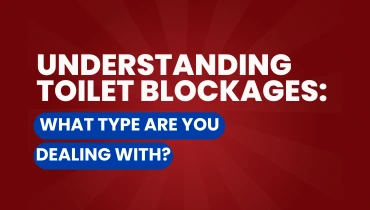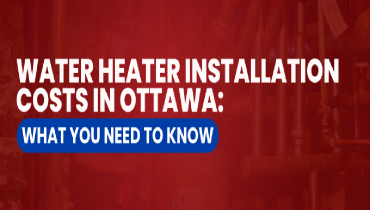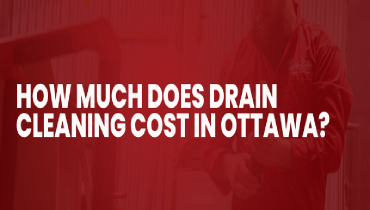Choosing the right toilet unblocking service is crucial because the wrong fix can cause further damage and recurring problems. A minor clog may only need a simple solution. At the same time, deeper or more complex blockages require specialized tools and professional expertise.
Learn moreOur Blog
Shared Resources for Your Home Needs
All Blogs
To give you a clearer picture of what might be happening with your lavatory, we've outlined their key symptoms, causes, and risks. This quick comparison can help you identify what you're dealing with - and whether it's time to call a licensed plumber.
Learn moreEver flushed your toilet only to watch the water rise - or found it drains painfully slow, then suddenly backs up for no reason at all?
Learn moreA water heater installation involves more than just plugging in a new unit. It includes removing the old tank, installing the new system
Learn moreThe cost of cleaning a drain isn't based on guesswork - it's based on several important factors that determine the time, tools, and techniques required to get the job done right.
Learn moreBlog Categories
Let Us Call You
Blog Categories
About Mr Rooter

Since the original Mr. Rooter was founded in 1970, the company has remained committed to a set of core values that are rooted in performing quality work at honest prices. Nearly half a century later, the original Mr. Rooter business is still servicing homes and businesses in North America. We are still independently owned and operated, with strong ties to the community that made it all possible.





